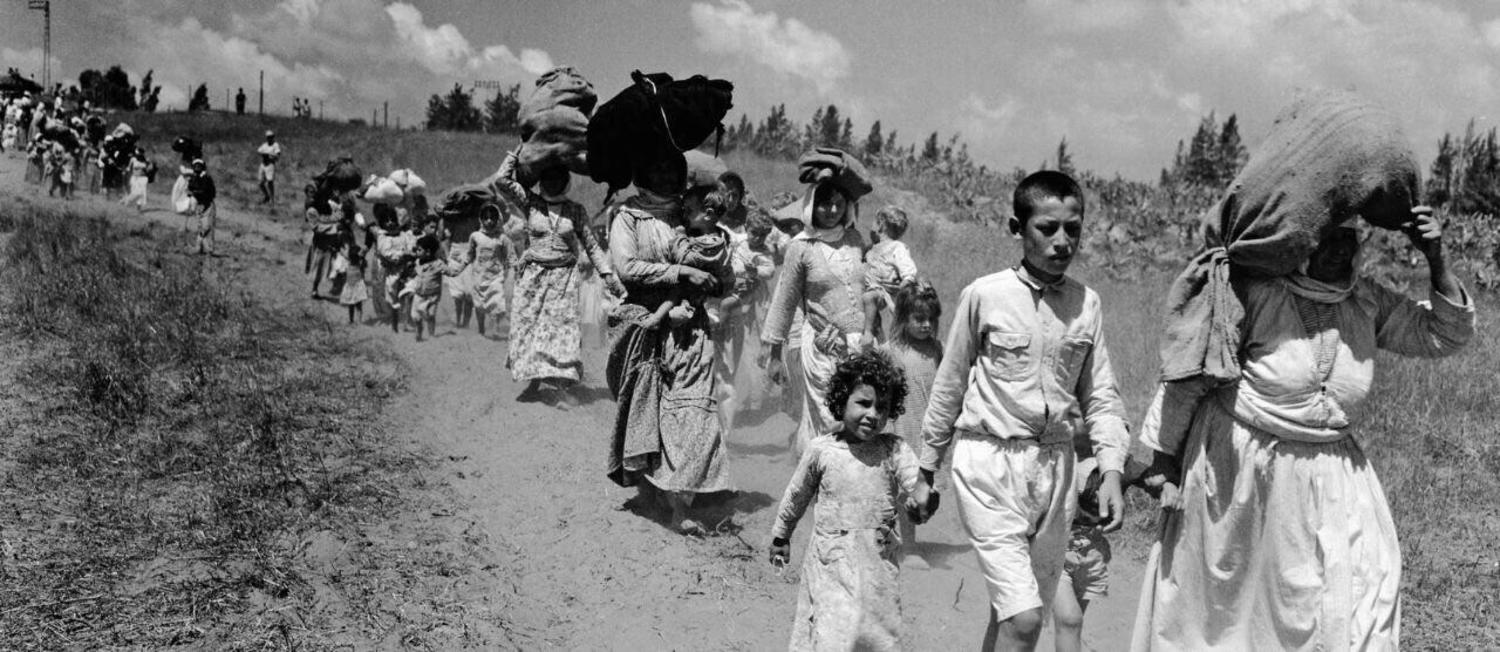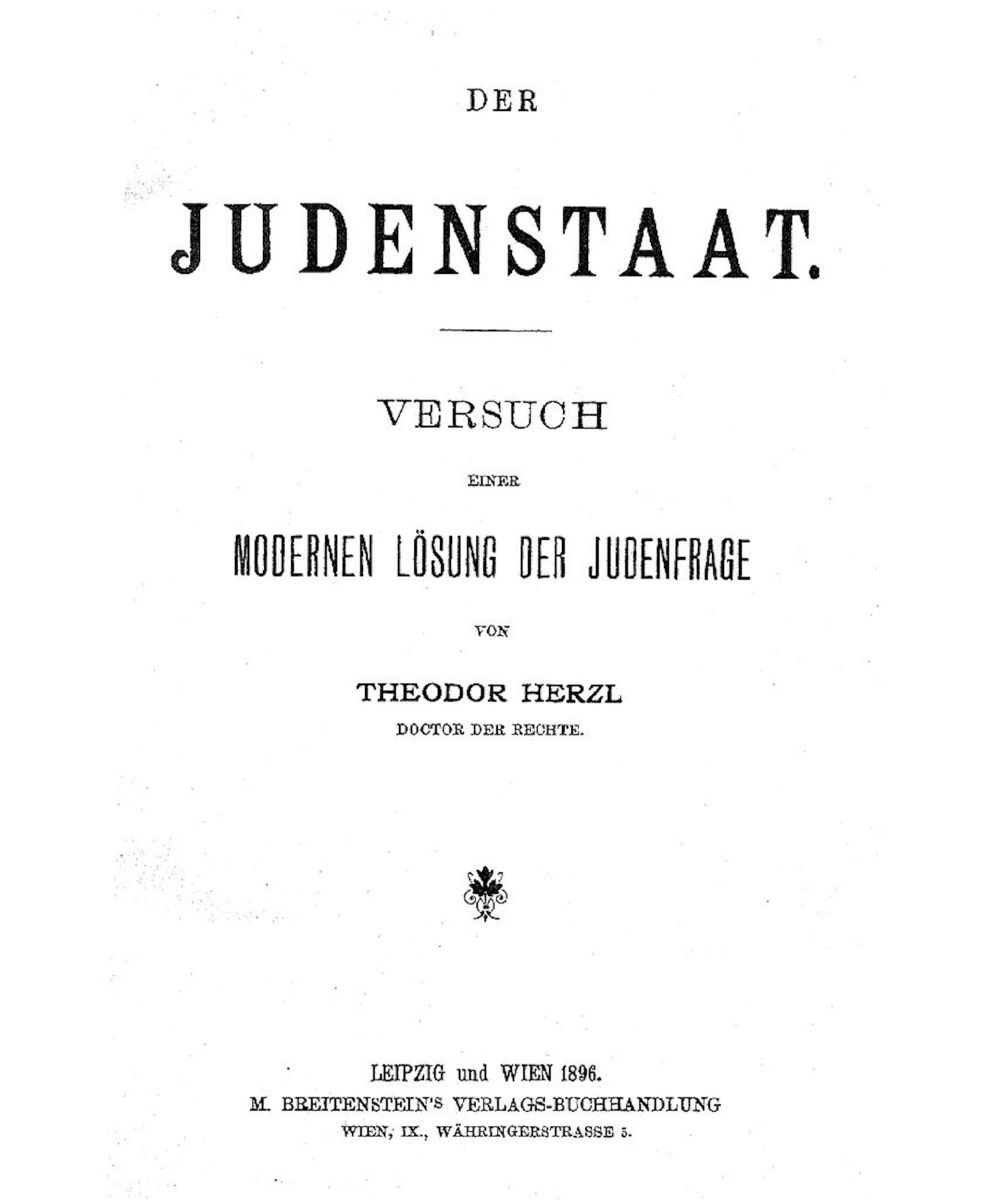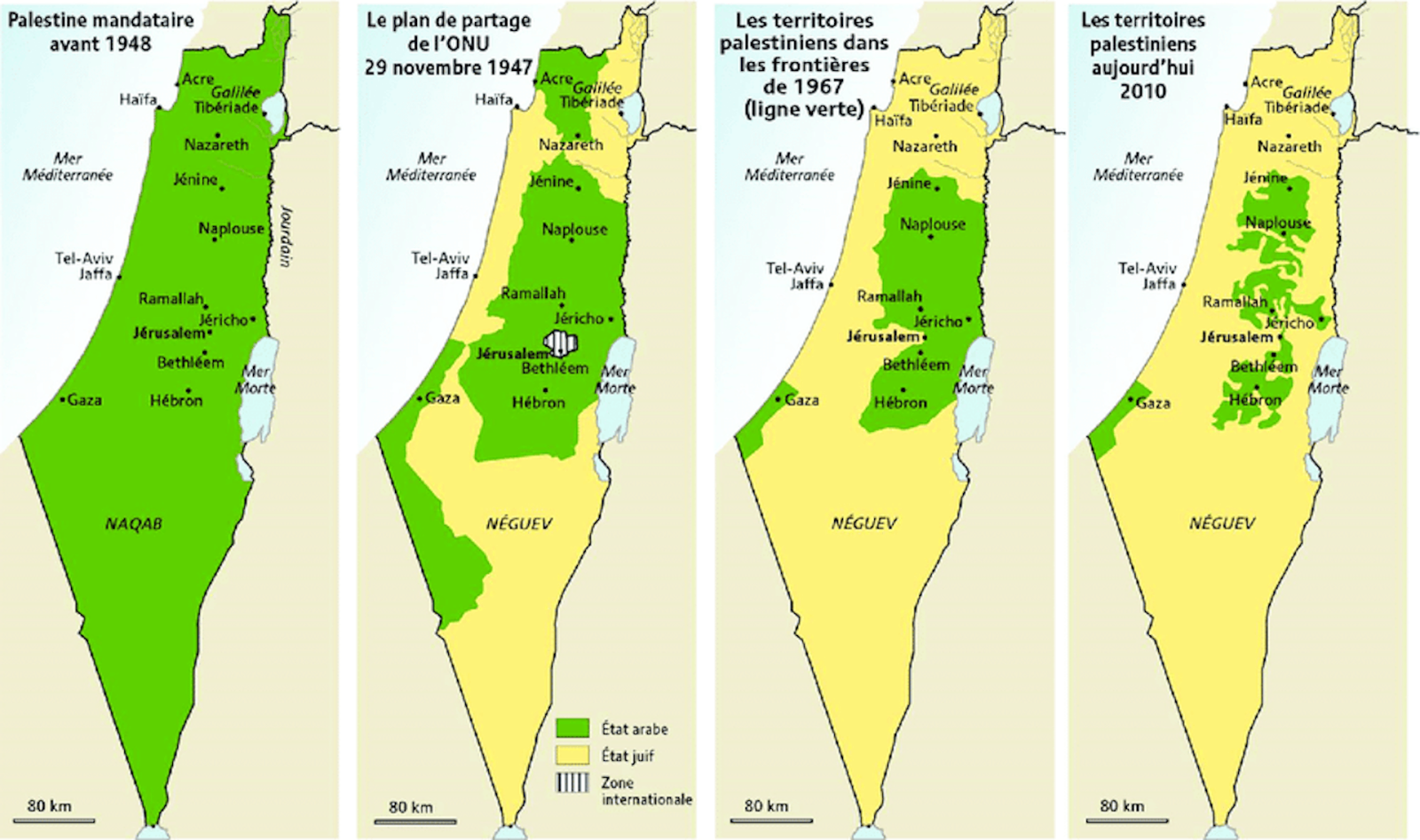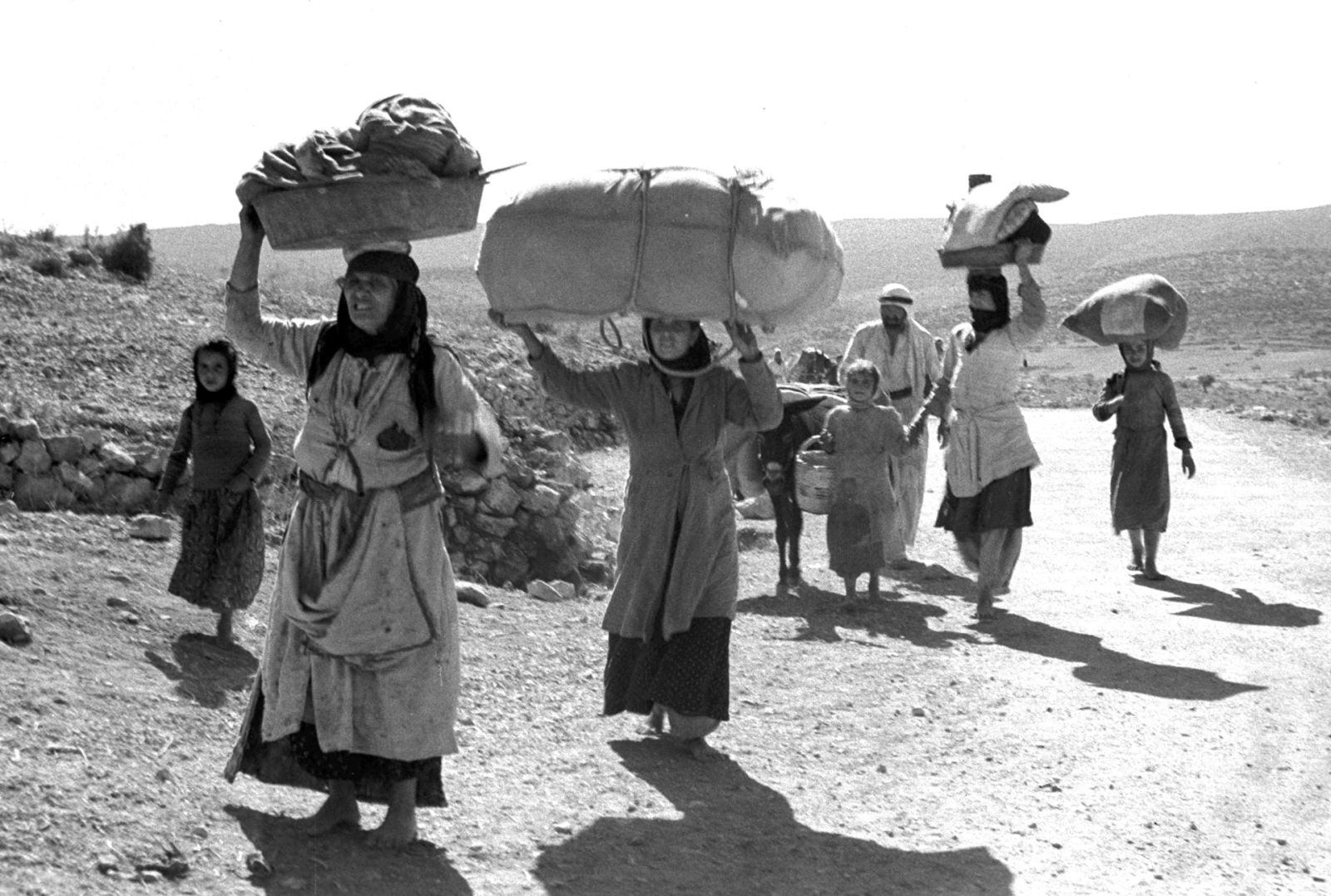Origin of the Palestinian-Israeli conflict
- The so-called Palestinian-Israel conflict originates from what happens in this territory at the end of the 19th century. The causes of the conflict are not religious, but colonization by the Zionist movement. Zionism is both a doctrine and a political, nationalist and colonial project since its creation.

Zionism, confidential Sykes-Picot agreements and Balfour declaration
The Zionist term applies to the political movement created by the Jewish journalist born in the Austro-Hungarian Empire Theodor Herzl. Although this movement was not initially based on religion, it used religion as a claim to create a Jewish state.
When Herzle wrote Der Judenstaat (The Situation of the Jews), Palestine was not his priority. He previously studied other places to create a new nation: Argentina, Uganda, Cyprus, Kenya, Mozambique, Sinay Peninsula or Congo.

He finally opted for Palestine, driven by its ‘powerful (religious) legend’, which supported other Zionist leaders who considered themselves atheists or ‘unbelievers’. The Zionist movement began to become a colonial project from the beginning, recognized by its leaders, with the intention of gradually conquering the territory through the colonies. They initially sought the help of the Ottoman Empire and after the British, among which were important supporters, such as banker Lionel Walter Rothschild.
On the other hand, and in the context of the First World War, it should be noted that France and Britain needed the help of the Arabs to confront the Ottomans. They therefore took advantage of the desire for independence around the “great Arab awakening” of the Middle East and the Middle East to achieve this goal.
However, the promises of both powers in this regard were misleading from the outset. As they proposed to the Arabs their independence, these two countries shared between them the territories of the collapsed Empire.
The real plans were shaped for years in the Sykes-Picot secret agreements of 1916. The Bolsheviks highlighted the agreement following the fall of the tsar. The English Sir Mark Sykes and the French George Picot divided the region into two areas, subjecting the parties to each one through “commissions”. Consequently, the “Great Syria” would be dissolved, leaving Syria and Lebanon in the hands of France, and Transjordan (today Jordan), Iraq and Palestine in the hands of Britain.
The situation worsened for Palestine, as with the beginning of English colonization the British reached a formal agreement with the Zionist movement, contained in the Balfour Declaration of 1917, in which they formally committed themselves to creating a ‘native Jewish national country in Palestine’. This further drove the Zionist colonization of historic Palestine that began in the late nineteenth century.
Furthermore, the character of Zionism as a colonial movement applied – and continues to apply today – the model known as “white colonization”. The immigrant population, composed of settlers, represents the indigenous population in all areas. This concept is directly related to the term “transfer” of population, the euphemism used not to say expulsion. This idea will be reflected in all plans made by the Zionist leaders and presented in international bodies, which will subsequently be implemented by the military forces.
British Mission and Distribution of Palestine
Thus, the English took control of Palestine in 1917, although it became official in 1920. As a result, the Palestinians experienced a series of crises in English colonialism, which supported the continued and aggressive Zionist migration in the context of the protests.
Examples of this are the rise of al-Buraq in 1929, the disturbances of 1933, the great Arab rebellion (al-Zawra al-kubra) in 1936-39 and, finally, the destruction of most of the historic Palestine in 1948.
As a result, the British decided to delegate the Palestinian problem to the United Nations from 1946 to 1947. On the one hand, the Zionist demands sponsored at that time by EBB and the Palestinian Jews, which were increasingly terrorising the British, influenced this. On the other hand, the growing Arab pressure required compliance with the rights of residents and the promises made.

On 29 November 1947, the United Nations, born in 1945, had virtually no experience, formally voted on the division of Palestine by Resolution 181, which allowed the division of the territory into two states, Jewish and Arab.
Thus, the United Nations did not listen to the local population of the country, but contributed 55 per cent of the territory to the Jewish State, when the population was mainly Arab (Muslims and Christians) and the Jewish population did not reach 6 per cent of the land.
Both groups rejected the proposal. For the Jews wanted more territories without Arab population, and the Arabs were not prepared to divide the land with a colonizing community seeking its dearabization.
Birth of Israel and Nakba
Finally, in May 1948, the State of Israel was created, unilaterally proclaimed, as a destination for colonization. This meant a profound transformation of the territory and the expulsion of more than half of the Palestinians. Most of them became refugees in an ethnic cleansing process by a growing number of researchers.
Between 750,000 and 800,000 people of different beliefs (Muslims and Christians) and social positions were expelled from their homes and lands in an event called al-Nakba Arabic (disaster). Their personal and collective goods were expropriated or destroyed.

Furthermore, the inhabited cities, towns, villages and neighbourhoods were demolished or demolished by the neighbours, in their interest, and rehabilitated with newly arrived settlers.
Since then, Palestinian society would definitely be divided into three groups: those who expelled the Arab countries from the area or elsewhere, those who remained in the State of Israel, who are not considered refugees, and those who moved to the remaining places of historic Palestine (West Bank, Gaza and Jerusalem). To date, none of them has been allowed to return to their homes of origin.
Mar Gijón is a researcher at the UPV.
Parents' mornings are crazy! Wake up the children, give a breakfast, dress up... to get to school on time. These are our day-to-day concerns as parents. At 3,500 kilometres from our country, the responsibilities of the Palestinian parents are very different: whether they are... [+]












